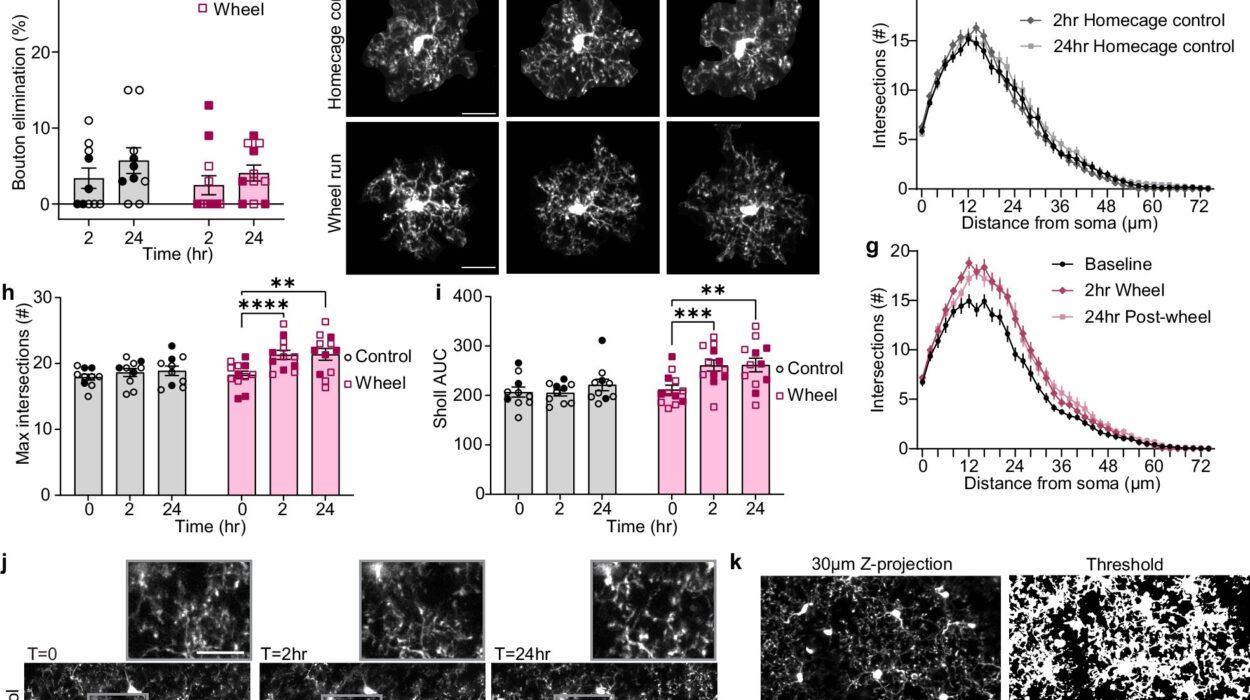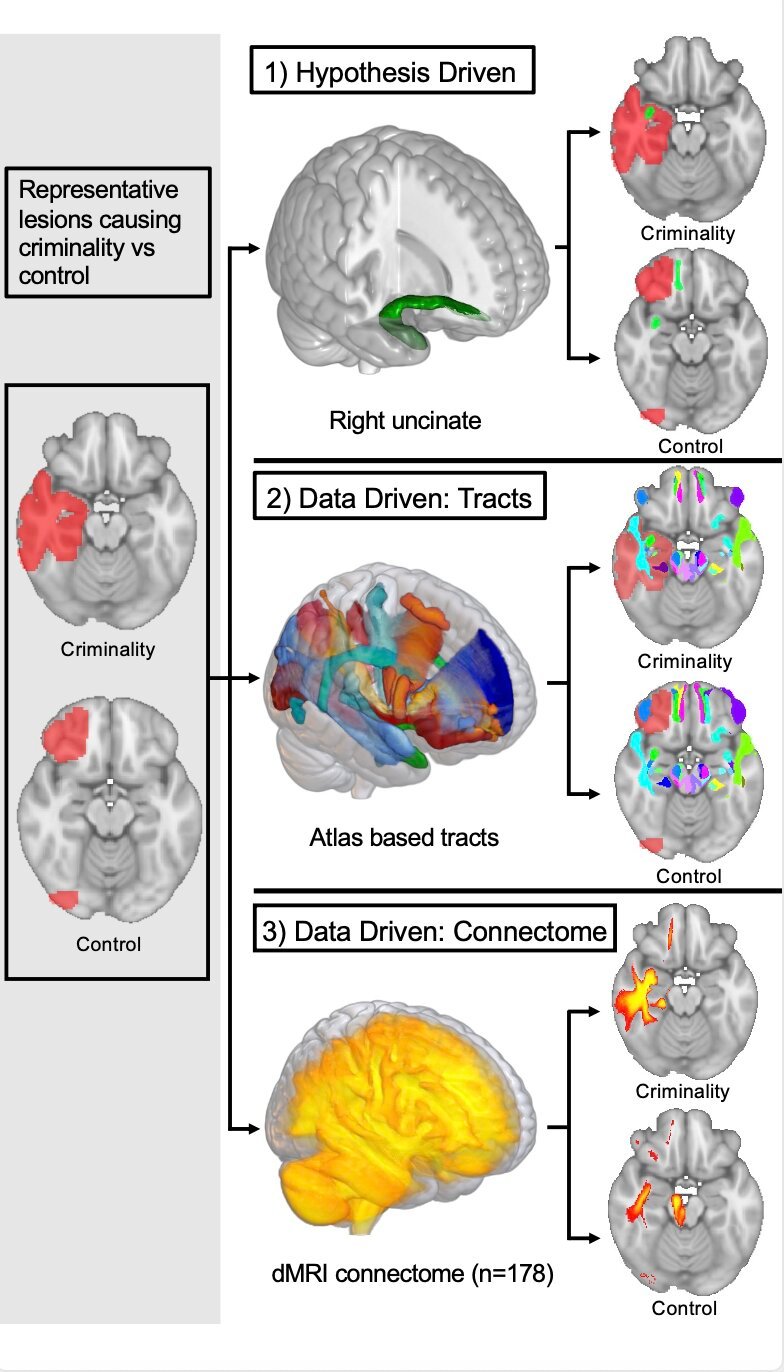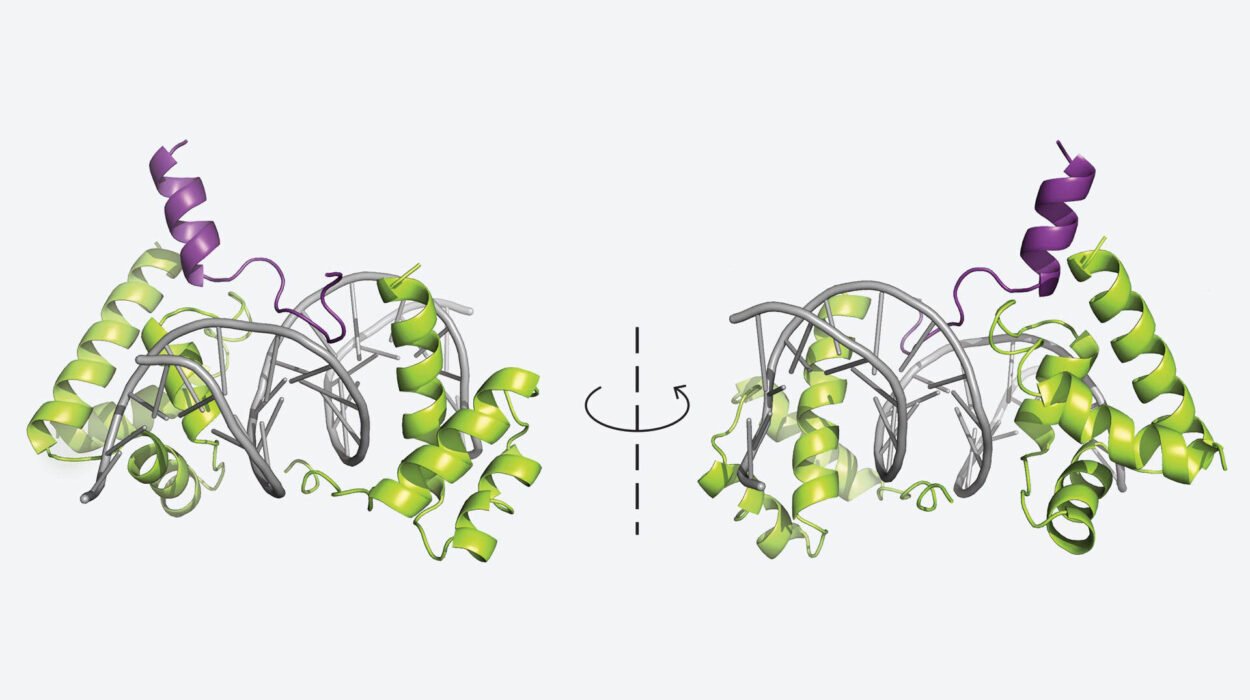Bringing a new life into the world is an experience unlike any other. It transforms your body, your emotions, your priorities, and your relationship with your partner. For many new parents, the first few months after childbirth are filled with sleepless nights, feeding schedules, and the endless cycle of caring for a tiny human. In the midst of this whirlwind, intimacy can feel distant, complicated, or even frightening. The question of when and how to return to sex after having a baby is one that countless couples quietly wonder about but may hesitate to ask aloud.
This journey is both physical and emotional. It requires patience, understanding, and often a redefinition of what intimacy means. While society may project quick “bounce back” stories, the reality is far more nuanced. Every body heals differently, every birth story is unique, and every couple navigates this transition in their own way. What’s universal, however, is that intimacy after childbirth is not only possible—it can grow into something deeper, richer, and more connected than before.
The Physical Recovery Process
The physical changes after childbirth are profound. Whether you delivered vaginally or by cesarean, your body has been through an extraordinary process, and recovery takes time. Most health professionals recommend waiting around six weeks before resuming penetrative sex, but this is not a strict timeline—it is a guideline. Healing is personal and may take longer depending on the type of delivery, any complications, and your body’s unique pace.
Vaginal Delivery Recovery
After a vaginal birth, your body may need to heal from tearing, episiotomy stitches, swelling, and general tissue trauma. Even without tearing, muscles and tissues have been stretched significantly. Some people experience pelvic floor weakness, which can lead to discomfort, urinary leakage, or a sense of heaviness.
Cesarean Delivery Recovery
For those who deliver by cesarean, recovery involves surgical healing. The incision site, abdominal muscles, and overall energy levels need time to mend. Though vaginal tissue may not have stretched in the same way, hormonal changes and healing discomfort can still influence sexual readiness.
Hormonal Shifts and Their Impact
The postpartum body undergoes dramatic hormonal changes. Estrogen levels drop significantly, especially if you are breastfeeding. This decrease can lead to vaginal dryness, reduced elasticity, and changes in natural lubrication. Prolactin, the hormone that stimulates milk production, also suppresses ovulation and lowers estrogen, which can further contribute to discomfort during sex.
The Role of Pain and Discomfort
It is important to acknowledge that pain during initial attempts at sex after childbirth is not uncommon—but it should not be ignored. Discomfort can stem from dryness, scar tissue, or lingering tenderness. Using lubricants, engaging in extended foreplay, and starting slowly can make a significant difference. If pain persists, consulting a healthcare provider is essential, as pelvic floor therapy or medical treatment may help.
Emotional Shifts and Relationship Changes
While the body heals, emotions often tell a different story. Postpartum life is filled with joy, but also exhaustion, vulnerability, and identity shifts. The intimacy you once shared with your partner may temporarily take a backseat to the demands of caring for your baby.
The Emotional Weight of Parenthood
Becoming a parent is exhilarating and overwhelming. Sleepless nights, constant feeding, and the sheer responsibility of keeping a tiny human alive can leave little energy for physical intimacy. Desire may not vanish, but it often changes form. Instead of passionate urgency, intimacy may feel quieter, slower, or more tender.
Shifts in Self-Image
Your body has changed. For some new mothers, these changes bring pride and awe—after all, you grew and birthed a human. For others, the postpartum body can feel unfamiliar, even unsettling. Stretch marks, scars, and changes in shape can affect confidence, making the idea of being sexual feel daunting. Healing emotionally means embracing your body’s story and recognizing that intimacy is not about perfection, but about connection.
The Partner’s Perspective
For partners, this transition can be equally complex. They may worry about causing pain, feel uncertain about timing, or struggle with their own emotional adjustments to parenthood. Open communication is critical. Sharing fears, desires, and insecurities creates a space where both partners feel supported.
Redefining Intimacy
Sex after baby doesn’t always mean returning immediately to what intimacy looked like before pregnancy. In fact, many couples find that intimacy evolves into something richer and more multifaceted.
Intimacy is not limited to penetration—it can mean cuddling, kissing, massage, or simply holding hands while your baby sleeps nearby. These moments of closeness help rebuild emotional bonds and ease the transition into a sexual relationship again. By focusing on touch, affection, and communication, couples often rediscover their connection in ways that are deeply fulfilling.
Timing: When Is the “Right” Time?
The six-week postpartum checkup often acts as the first official milestone for resuming sex. At this appointment, healthcare providers assess healing, check for signs of infection, and discuss contraception options. However, just because you are “cleared” does not mean you will feel ready.
Some people feel emotionally and physically prepared within weeks; others may take months. Both experiences are valid. What matters is not adhering to an external timeline but honoring your body’s cues and your emotional readiness.
Tips for Returning to Intimacy
While there is no single formula, there are approaches that can ease the transition:
- Take things slow. The first time does not need to be about performance. Focus on comfort, pleasure, and connection.
- Use lubrication. Especially if breastfeeding, vaginal dryness is common, and lubricants can reduce discomfort.
- Communicate openly. Share what feels good, what doesn’t, and what you’re worried about.
- Seek professional support if needed. Pelvic floor physical therapy, counseling, or medical guidance can make a profound difference.
- Explore intimacy beyond sex. Emotional closeness is the foundation that will naturally lead to physical intimacy in time.
The Role of Pelvic Floor Health
Pelvic floor muscles support the bladder, uterus, and rectum, and childbirth can weaken or injure them. A weakened pelvic floor can cause discomfort, leakage, or reduced sensation during sex. Strengthening these muscles through exercises such as Kegels or guided physical therapy can improve recovery and sexual function. In some cases, seeing a pelvic floor therapist provides targeted strategies for regaining comfort and confidence.
Navigating Desire and Libido
It is normal for desire to fluctuate after childbirth. Fatigue, hormonal shifts, and emotional stress all influence libido. For many new mothers, desire may not return as quickly as they expect, and this can cause feelings of guilt or frustration. It is important to remember that desire is not a simple switch—it often grows through closeness, relaxation, and self-care.
Partners can help by being patient, sharing responsibilities with the baby, and creating moments of non-sexual affection. Reducing stress and ensuring adequate rest (as much as possible with a newborn) can also reignite desire over time.
Emotional Healing and Mental Health
Postpartum mental health is a critical factor in sexual well-being. Conditions such as postpartum depression or anxiety can profoundly impact intimacy. Feelings of sadness, disconnection, or irritability may make sex the last thing on your mind.
Recognizing and addressing these feelings is vital. Seeking therapy, support groups, or medical guidance can not only improve mental health but also restore the foundation for intimacy. Emotional well-being is inseparable from sexual well-being.
Contraception and Family Planning
Another important consideration when resuming sex after childbirth is contraception. Fertility can return before the first postpartum period, even while breastfeeding, making it possible to conceive again sooner than expected. Discussing contraception options with a healthcare provider ensures peace of mind and allows couples to focus on intimacy without added stress. Options may include hormonal methods, intrauterine devices (IUDs), condoms, or natural family planning methods.
Cultural and Social Influences
Expectations about returning to sex after baby are shaped not only by biology but also by culture, religion, and societal norms. Some cultures emphasize extended periods of abstinence to allow for recovery, while others encourage quicker return to marital intimacy. Media portrayals often create unrealistic expectations of rapid recovery and immediate passion. Recognizing these influences helps couples set realistic, compassionate expectations for themselves.
Building a New Intimate Narrative
Rather than striving to “get back” to the way things were before the baby, couples can view this time as an opportunity to build a new narrative of intimacy. Parenthood reshapes identity, and with it, sexuality and relationships naturally evolve. Many couples find that once they adjust, their intimacy becomes deeper, rooted not only in desire but also in the shared journey of raising a child.
This new narrative emphasizes connection over performance, presence over pressure, and growth over perfection. It is not about losing what was, but about creating something new.
When to Seek Professional Help
While challenges are common, there are times when professional guidance is necessary. Persistent pain, lack of desire that causes distress, or difficulties in the relationship may benefit from medical, therapeutic, or counseling support. Pelvic floor therapists, sex therapists, and postpartum counselors specialize in helping couples navigate this unique stage of life. Seeking help is not a sign of weakness but of commitment to healing and connection.
The Beauty of Rediscovering Intimacy
Though the journey of returning to sex after baby can feel daunting, it is also a chance to rediscover one another. Parenthood brings a new depth to relationships, and intimacy evolves along with it. When approached with patience, honesty, and compassion, couples often find that their bond grows stronger than ever.
In time, laughter returns to the bedroom, passion rekindles, and intimacy feels less like a hurdle and more like a celebration of resilience, love, and partnership. The baby may be the center of your world, but your relationship—the bond that created that life—remains the foundation.
Conclusion: A Tender New Beginning
Returning to sex after baby is not about rushing, performing, or meeting anyone’s expectations. It is about listening to your body, honoring your emotions, and reconnecting with your partner in ways that are gentle, supportive, and deeply human.
Every birth story is unique, every healing journey personal, and every relationship shaped by its own rhythm. There is no “right” way to navigate intimacy postpartum—only the way that feels right for you.
Sex after baby may not be the same as it was before, but that is not a loss. It is a transformation. With patience and love, it can become an experience infused with tenderness, gratitude, and a deeper sense of connection. In many ways, it is not a return at all, but the beginning of a new chapter in the story of love and life.






